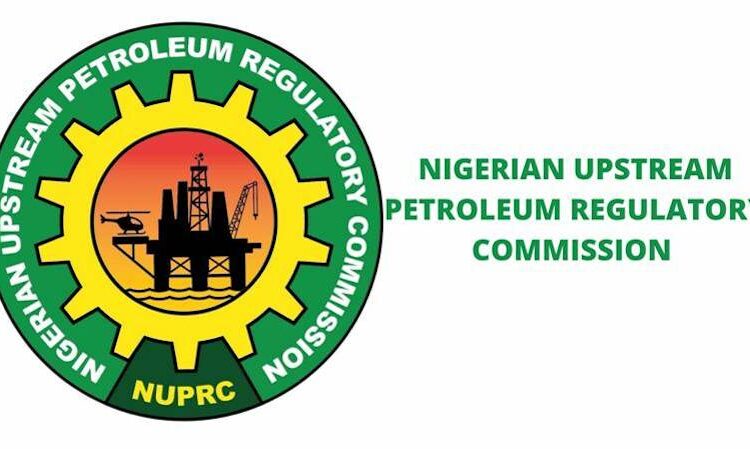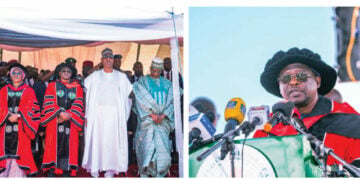The Nigerian Upstream Petroleum Regulatory Commission (NUPRC) has urged a peaceful resolution to ongoing disputes between Dangote Petroleum Refinery and the petroleum workers’ unions, emphasising the need for dialogue to avoid disruptions in the country’s energy supply.
Speaking in an interview on Arise Television on Saturday, the chief executive of NUPRC, Engr. Gbenga Komolafe, called for mutual understanding between Dangote Refinery, the Petroleum and Natural Gas Senior Staff Association of Nigeria (PENGASSAN), and the Nigeria Union of Petroleum and Natural Gas Workers (NUPENG).
Although the issues were confined to the midstream and downstream oil sectors, Komolafe stressed the importance of maintaining calm and finding an amicable solution for the nation’s benefit. “Regardless of the fact that the issues involved are purely mid and downstream affairs, our take is that parties should refrain from what will cause disruption in energy supply in the country. We believe that the issues involved are issues that parties can actually sit down, discuss, and reach an amicable solution for the good of the country,” he stated.
In the same interview, Komolafe highlighted significant achievements in tackling crude oil losses, attributing progress to strategic interventions initiated by the NUPRC under the directive of President Bola Tinubu.
Since the Commission’s establishment in 2021, oil losses have reportedly decreased by about 90 per cent, driven by a combination of kinetic and non-kinetic measures targeting oil theft.
Komolafe elaborated on the non-kinetic strategies, particularly innovative regulations introduced for the first time in Nigeria’s 70-year oil and gas exploration history. These include the Upstream Measurement Regulation and the Advanced Cargo Declaration Regulation, both aimed at ensuring full transparency and accountability at every stage of crude oil movement.
“These regulations are pioneering initiatives that allow Nigeria to track every molecule of crude oil loaded from its terminals to the discharge point,” Komolafe explained.
The implementation has been phased: the initial phase, which has received Federal Executive Council approval, involves an Engineering Metering Audit to assess the integrity of metering systems that have operated for decades.
According to Komolafe, this audit covered nearly 700 metering points, marking a significant step toward independently verifying crude quantity data, which traditionally relied on reports from international oil companies.
The Advanced Cargo Declaration Regulation facilitates digital and real-time tracking of crude barrels loaded onto tankers, enabling instant flagging of discrepancies. Komolafe noted, “If a tanker loads 1 million barrels of crude and discharges 1.2 million barrels, the system will instantly flag this anomaly.”
Komolafe emphasised that sustaining the integrity of Nigeria’s oil and gas sector was crucial not only to reduce losses but also to preserve investor confidence by countering negative perceptions that could deter investment.





